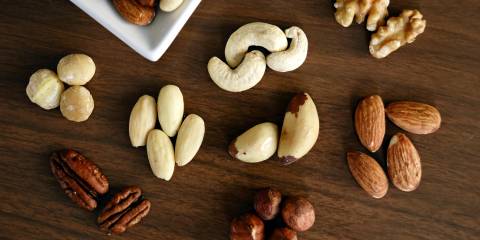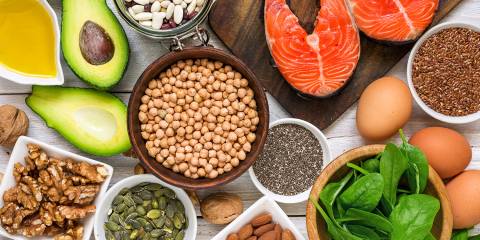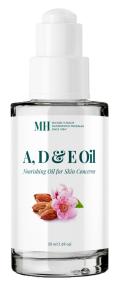In addition to the 500,000 Americans who die every year from one of these events, cardiovascular disease inflicts pain and suffering on another 16 million in the United States.
While most of us know our cholesterol numbers, we may not understand exactly how they impact heart health—or realize that high triglyceride levels can be just as risky for your heart.
“Any triglyceride number greater than 100 is higher than ideal,” says Patrick McBride, MD, MPH, a preventive cardiology expert at the University of Wisconsin School of Medicine and Public Health, so watch your intake of refined carbohydrates as well as fat and alcohol.
It’s important to recognize that heart disease is a multifaceted condition that starts long before we have any indication of the problem.
The Disease Process
The immune system’s response to injury, inflammation is a critical reaction that allows the body to protect itself. But when inflammation becomes chronic, say with high blood sugar levels, the immune system may begin to attack itself, damaging the walls of blood vessels and leading to hardening of the arteries.
“When I spot someone with obvious signs of metabolic syndrome—usually a middle-aged person with a big stomach—I know that a lot of inflammation is going on,” says Hyla Cass, MD, at UCLA School of Medicine, “and that he or she has a high risk of heart disease and high blood pressure,” which strains both the heart and blood vessels.
“Fat cells in the belly, also called visceral fat, create a lot of inflammation,” she continues. “If you’re insulin resistant or diabetic, the state of high insulin and high blood sugar is creating even worse inflammation,” forming “plaques in the twists and turns of the blood vessels that feed the muscular walls of the heart.
This, in turn, drastically increases the risk of having a heart attack.” Other factors increase risk, too. LDL (lousy) cholesterol works to spackle and fill plaques. If it’s oxidized by free radicals, the inflammatory process continues, causing even more damage and inflammation in a vicious circle.
“Keep in mind that high levels of LDL, triglycerides, and other bad fats in the blood are likely to be effects of the inflammation that is the real direct cause of heart disease,” Dr. Cass adds.
What Can You Do?
For starters, have a simple lab test that measures C-reactive protein (CRP), a marker for heightened inflammation in the body. Elevated CRP has been linked to greater risk for heart attack, stroke, and peripheral vascular disease.
Next consider an anti-inflammatory diet. “Think of omega-6 fats [margarine and foods fried in corn oil], sugars, and refined grains as slow-burning fires” that stoke inflammatory processes in the body “and omega-3 fats as cool, quenching water,” explains Dr. Cass.
Choose wild-caught, omega-3-rich fish and grass-grazed meat (if you eat animal protein). Replace saturated and trans fats with vegetable protein such as soy, which is high in fiber and nutrients.
Enjoy whole grains, linked to a 40 percent lower risk for coronary heart disease. They’re high in heart-healthy fiber, B vitamins like folate and B6, magnesium, and vitamin E. Research validates the link between a healthy diet (high in fiber, fish, fruits and veggies, whole grains, and various vitamins and minerals) with lower LDL and total cholesterol, triglyceride levels, and risk of heart disease.
Food Allergies and Chronic Inflammation
Do you have food sensitivities? If so, eliminating allergens also helps reduce inflammation.
Consume more antioxidants, plentiful in brightly colored fruits and vegetables. One study suggests that substances in tomatoes can halt or even reverse oxidative stress, for example.
Season your food with anti-inflammatory herbs and spices (curry, garlic, ginger, rosemary, turmeric) rather than salt, which is linked to high blood pressure. “Sip green tea once or twice a day,” Dr. Cass also suggests, since this tea is rich in antibacterial and antioxidant ingredients. Indulge in a little dark chocolate, an excellent source of antioxidants that may even lower blood pressure.
Or a handful of nuts: Flavonoids in almonds help prevent LDL oxidation in experimental research.
Added Protection
Last but never least, exercise. Even short, 10-minute workouts throughout the day, most days of the week, support a healthy diet and supplements in fighting heart disease. A number of studies show that nutritional supplements and herbs—particularly those high in antioxidants and anti-inflammatories—help fight cardiovascular disease and hypertension.
See Herbs for Heart Health for several that you might want to consider, depending on your own risk factors and health status. Anyone diagnosed with cardiovascular disease should discuss supplementation with a healthcare provider.





